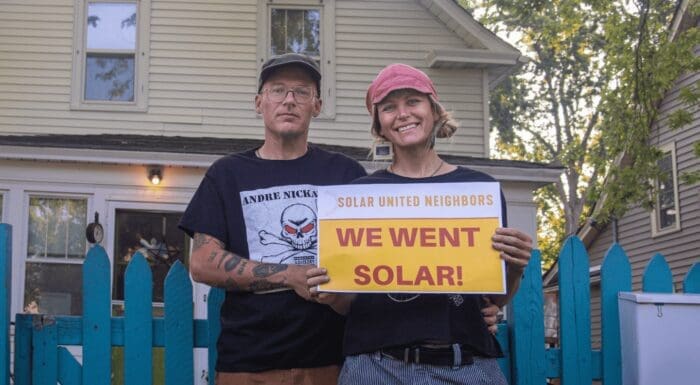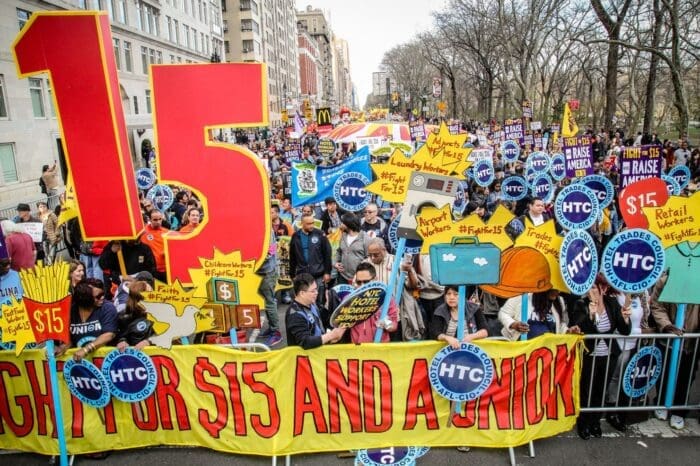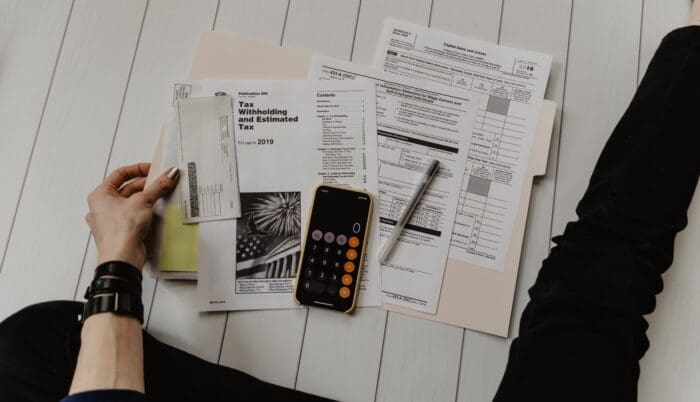Rachel Isacoff is the Director, U.S. Program and Policy initiative. She joined the Foundation in 2019. In this role, Rachel is responsible for driving the Foundation’s domestic clean energy transition work and leading a portfolio of grants on economic development in distressed communities across the U.S.


